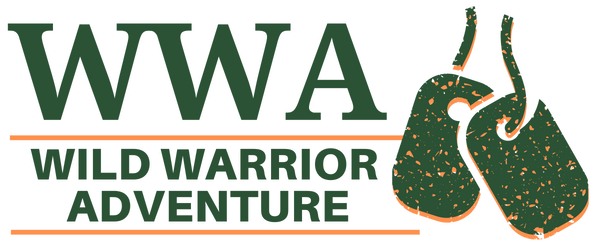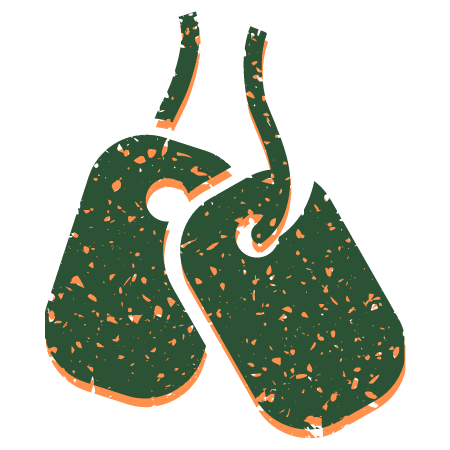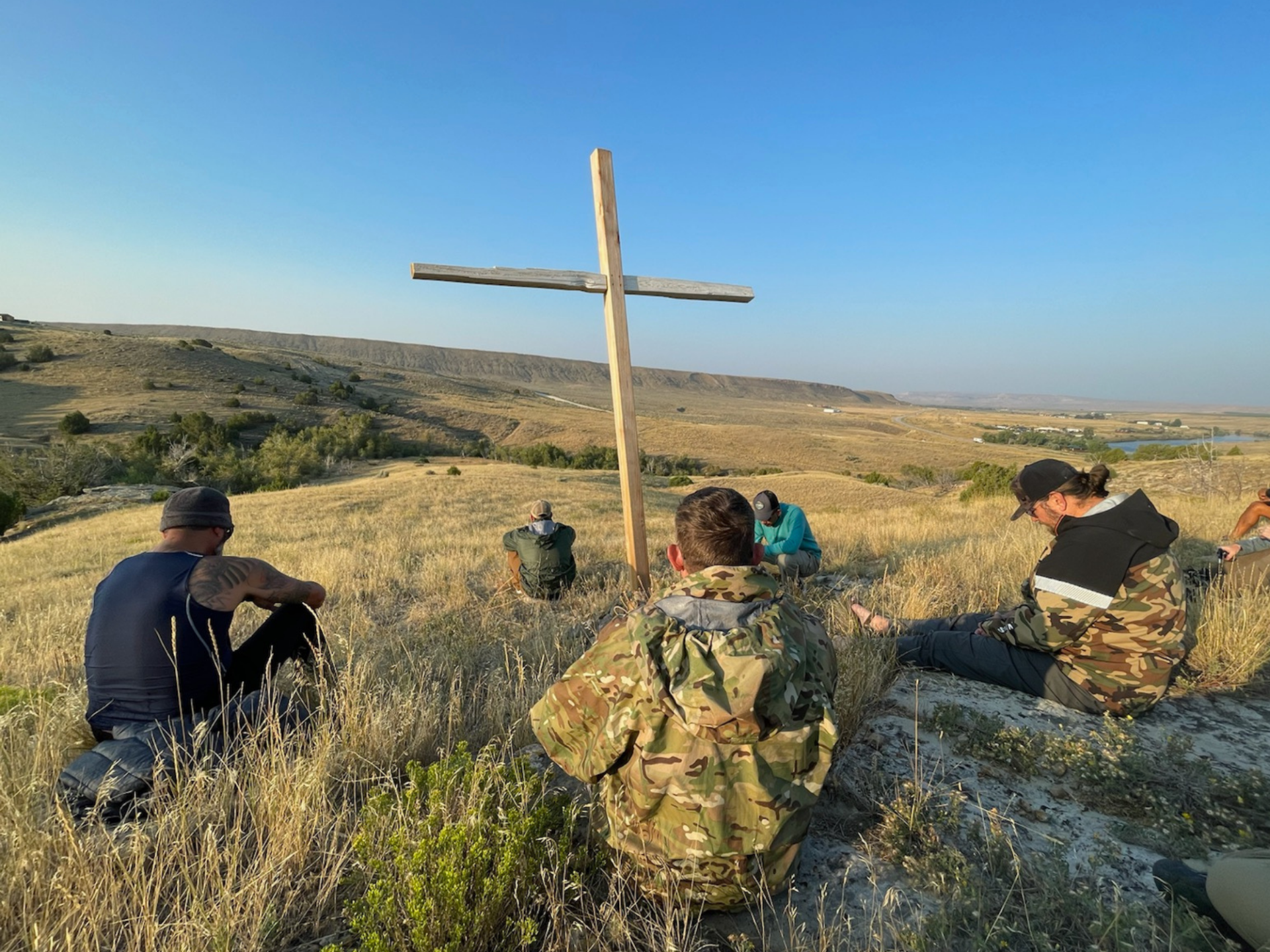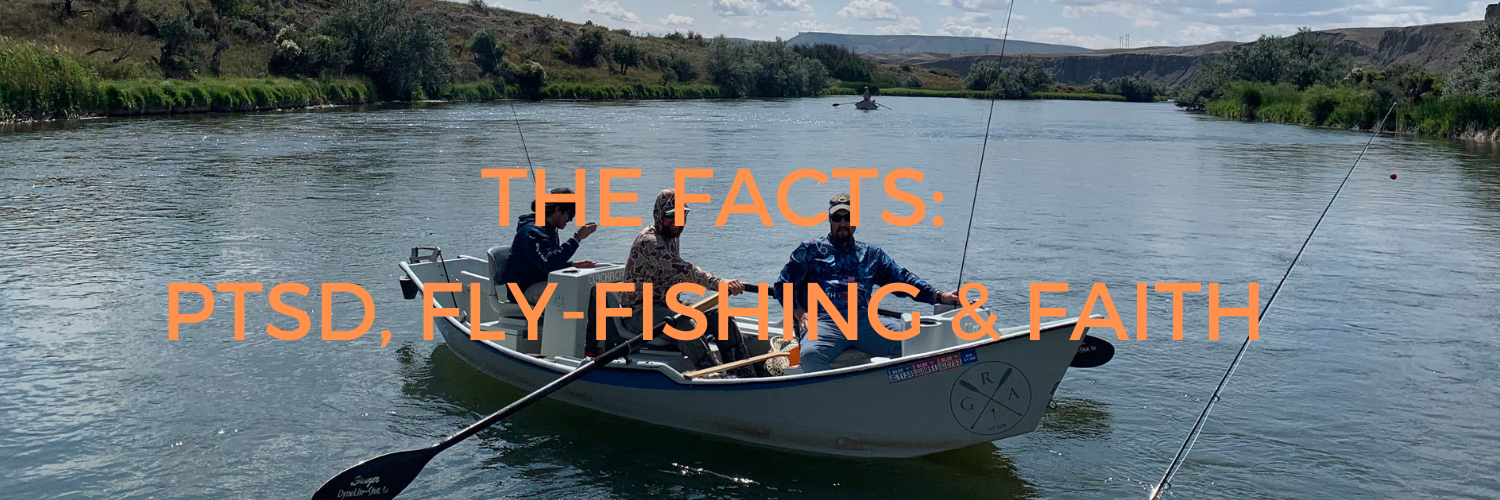
VETERAN PTSD
Post-traumatic Stress can occur following a life-threatening event like military combat, natural disasters, terrorist incidents, serious accidents, or violent personal assaults like rape. People who suffer from PTSD often suffer from nightmares, flashbacks, difficulty sleeping, and feeling emotionally numb. Members of the military exposed to war/combat and other groups at high risk for trauma exposure are at risk for developing PTSD. Among Veterans returning from the current wars in Iraq and Afghanistan, PTSD and mild to moderate traumatic brain injury (TBI) are often linked and their symptoms may overlap.
The physical changes that take place in the body and brain following trauma are beginning to be understood, but most treatments for these changes are still experimental. Generally, PTSD is treated as a mental or emotional disorder with medication and psychotherapy. The goal of this treatment is to make it possible for the sufferer to “get by.”
One of the interesting and complicated difficulties of PTSD is that no one treatment works for everyone. Each person, it seems, is a clean slate that doctors and therapists will throw various treatments at until something sticks. This can be one of the most frustrating aspects of PTSD for both the sufferer and those who care for them. While the science of this is still evolving, one thing we do know is that PTSD is very common.
The National Center for PTSD provides some important statistics:
- 70% of adults in the U.S. have experienced some type of traumatic event at least once in their lives
- About 7 or 8 out of every 100 people (7-8% of the population) will have PTSD at some point in their lives
- About 8 million adults have PTSD during a given year. This is only a small portion of those who have gone through a trauma
- About 10 of every 100 women (10%) develop PTSD sometime in their lives compared with about 4 of every 100 men (4%)
- Women are nearly twice as likely to have PTSD as men at some point in their lives
- The prevalence of PTSD among Veterans of Iraq and Afghanistan is 13.8%
Reference: Mighty Oaks Warrior Program (www.mightyoaksprograms.org)

VETERAN SUICIDE
Below are current Veterans Administration (VA) findings on Veteran Suicide:
Findings show there is variability across the nation in the rates and numbers of deaths by suicide among Veterans. Overall, the Veteran rates mirror those of the general population in the geographic region, with the highest rates in Western states. While we see higher rates of suicide in some states with smaller populations, most Veteran suicides are still in the heaviest populated areas.
The suicide rate among middle-age and older adult Veterans remains high. In 2014, approximately 65 percent of all Veterans who died by suicide were age 50 or older.
After adjusting for differences in age and sex, risk for suicide was 22 percent higher among Veterans when compared to U.S. non-Veteran adults. After adjusting for differences in age, risk for suicide was 19 percent higher among male Veterans when compared to U.S. non-Veteran adult men. After adjusting for differences in age, risk for suicid
Wild Warrior Adventure is committed to reducing Veteran suicides through our program. We know that of the 20 suicides a day that we reported last year, 14 are not under VA care. This is a national public health issue that requires immediate action!

FLY-FISHING: A NATURAL STRESS RELIEVER FOR PTSD

Fly-Fishing and the Brain – Summer of 2015; Scott Edwards is a freelance science writer based in Massachusetts.
It is the WWA’s experience that the combination of dramatic change of venue from every day life to a peaceful and spectacularly beautiful remote wilderness setting, with other combat veterans, sets the stage for mental re-engagement and healing. Group discussions of life questions, provide thought provoking context to reconsider life circumstances. While clearly secondary to stimulating group discussions, the challenge of learning from professional guides how to fly cast requires a single focused mind for it to be achieved. Once on the water fishing, this same single focus is apparent as each man observes others catching fish, develop the skills to do so himself, and with lighthearted camaraderie and kibitzing, tries his best to be the one that catches “The Big One”.
Learning how to fly fish have been studied by the Harvard Mahoney Neuroscience Institute and found to have significant brain healing value. The “Fly-fishing and the Brain” article describes “fly-fishing as a natural stress reliever because fly anglers are surrounded by nature, unplug from electronics, and distanced from the so-called real world. That notion is buttressed by a 2009 study by a team of researchers from the University of Southern Maine, the University of Utah and the VA in Salt Lake City. In their study involving combat Veterans, it was found that participants had significant reductions in stress and post dramatic stress disorder symptoms and improvements in sleep quality after participating in fly-fishing retreats.”

FAITH-BASED TREATMENT SHOULD BE EXPLORED AS AN OPTION FOR HELPING SOLVE PTSD

BY REP. VICKY HARTZLER (R-MO.), OPINION CONTRIBUTOR – 07/23/19 11:45 AM ET
An invisible epidemic is plaguing our nation. It affects our loved ones, co-workers, and neighbors, and sadly, it is not a new phenomenon. It has ravaged relationships and lives throughout the centuries, and before we even knew its name, it was referenced in literary works by Homer, Shakespeare, and Dickens. Over the years it has been called many things. Following the Civil War, we called it “Soldier’s Heart.” After the first World War, it was referred to as “Combat Fatigue” or “Shell Shock.” Today, we call it post-traumatic stress disorder or PTSD and it is still wreaking havoc.
PTSD affects 8 million Americans each year and regrettably, too many of these individuals are suffering in silence. The reality of living with PTSD is a daily struggle for a growing number of veterans and servicemembers. However, this condition is not confined to those who have served in our military. It is also an enduring burden for our police officers, sexual assault survivors and many others who have experienced a significant trauma.
Thankfully, progress has been made over the last few decades in identifying and treating the symptoms of PTSD. As a community, our medical professionals have moved away from purely pharmaceutical responses and now include many trauma-focused psychotherapies as the most highly recommended type of treatment. This form of talk therapy has proven beneficial and the Department of Veterans Affairs (VA) reports it has a 25 percent higher success rate than using medication alone. However, even with the primary use of these drug-free treatments, 80 percent of VA treated veterans with PTSD still receive psychiatric medications.
Mental health professionals and many in our society have tried to medicalize trauma. They follow clinical practice guidelines in an attempt to treat injuries to the psyche. While both pharmaceutical and psychotherapy approaches have merit and undoubtingly help alleviate the struggles of life with PTSD, they fail to address the underlying issue – the wound to the soul that trauma has caused. While some medications can help rebalance chemicals in the brain, they cannot heal one’s inner self. We must expand the discussion beyond the physical and physiological to include the spiritual dimension of whole-body healing from PTSD.
Chad Robichaux and his team at the Mighty Oaks Foundation do a great job of doing this by offering a faith-based solution to helping veterans recover from PTSD. A former Force Recon Marine and combat veteran, Chad found himself – like too many others – at rock-bottom, dealing with a “dead” marriage and thoughts of suicide. Rather than succumb to his symptoms, he searched out answers, and was helped along by his faith and guidance from other Christians. Since that dark period, Chad has emerged as a leader on peer-to-peer, faith-based, combat-trauma recovery programs, and seeks to mentor others like him. Not only does he share his perspective and experiences with every Marine Corps recruit, he offers his services as a speaker to all military branches. Additionally, Chad’s non-profit Warrior Programs team is helping America’s heroes and their families suffering from the unseen wounds of combat at no cost to them. Through intensive peer-to-peer programs, Mighty Oaks utilizes “God’s transformational power to turn tragedy into triumph.”
Despite the success of Mighty Oaks, which has helped thousands of veterans and service members heal, and the achievement of similar organizations, their efforts have not been embraced as a mainstream treatment option. Instead, the simple mention of God or the idea of spirituality as a mechanism to repair mental wounds is often met with resistance. Faith, God, and spirituality are not dirty words, and with 20 veterans and service members committing suicide each day, we can no longer turn our backs on any PTSD or mental health treatment option that works. Instead we should celebrate organizations like Mighty Oaks and encourage partnerships between faith-based PTSD treatment groups and organizations like the VA.
The inclusion of faith-based solutions to combating suicide and PTSD has been embraced by the highest echelons of the executive branch. In President Trump’s executive order on ending veteran suicide, he calls for the inclusion of faith-based organizations and this acknowledgement should be lauded. Like the president, I believe there is a spiritual element to trauma that should not be ignored. So, we must offer help to those suffering from PTSD in a way that not only repairs their psyche but heals their soul.
Solving the PSTD epidemic will take a layered communal approach from friends, family members, medical practitioners, non-profits, and faith-based resources. Only by working together can we identify the signs and symptoms of PTSD and properly link those suffering with treatment options that work. We are at precipice with PTSD. We can either embrace solutions that work, even if they are viewed as non-traditional – or we can continue to watch millions of Americans suffer in silence.
Hartzler is ranking member of the House Armed Services Tactical Air & Land Forces Subcommittee.


